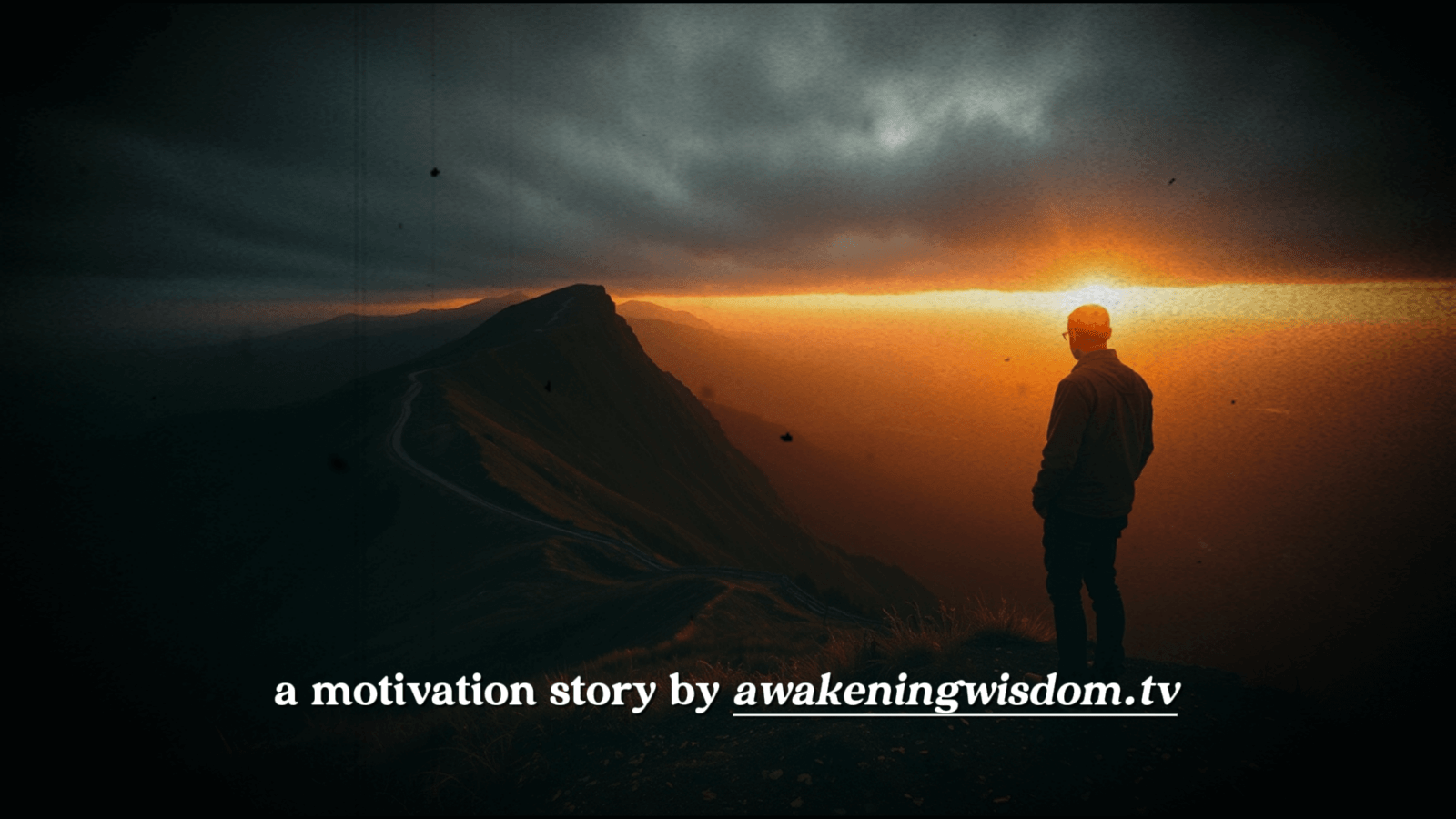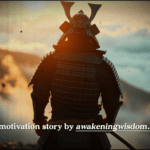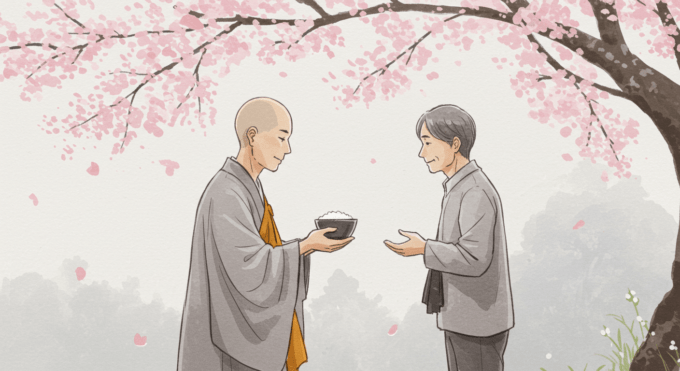Memento Mori—”Remember you must die”—is not a grim warning, but a powerful reminder to live fully. Discover how ancient wisdom teaches us to embrace death to live a more meaningful life.
The Emperor and the Slave’s Whisper
Imagine a victorious Roman general, draped in gold and riding through the streets of Rome. The crowd cheers his name, throwing flowers at his feet.
He has conquered lands. He is celebrated. He feels invincible.
But behind him, a simple slave walks, whispering one phrase over and over:
“Memento Mori.”
(Remember, you must die.)
Why?
Because in that moment of glory, the Romans believed it was dangerous to forget mortality.
No matter how powerful, how wealthy, how victorious—death comes for all.
This was not a message of fear, but of wisdom.
For if death is certain, then life is precious.
And if we remember we will die, we will finally start to live.
What Is Memento Mori?
Memento Mori is an ancient philosophy that reminds us of a simple but often ignored truth:
You are going to die.
The phrase comes from Latin, meaning “Remember you must die.”
It has been a guiding principle in:
- Stoic philosophy (used by thinkers like Seneca and Marcus Aurelius).
- Buddhism (where meditation on death leads to enlightenment).
- Medieval Christianity (where skulls and hourglasses reminded monks of time’s fleeting nature).
Yet, despite its presence in history, modern society tries to ignore death.
We distract ourselves. We pretend we have infinite time.
But the reality is this:
Every second that passes is a second you will never get back.
Memento Mori is not about fearing death—it’s about understanding life.
The Power of Remembering Death
Many fear that thinking about death will lead to sadness or anxiety.
But in truth, accepting mortality leads to freedom.
1. You Stop Wasting Time on Meaningless Things
When you remember you won’t live forever, you stop:
- Holding grudges. (Why waste time on anger?)
- Worrying about what others think. (They will also be gone one day.)
- Delaying happiness. (Why wait for “someday” to live?)
The Stoic emperor Marcus Aurelius put it simply:
“You could leave life right now. Let that determine what you do, say, and think.”
— Meditations, Book 2
2. You Live More Intentionally
Most people drift through life, waiting for “the right time” to:
- Start a dream.
- Tell someone they love them.
- Travel, create, take risks.
Memento Mori reminds us: Time is running out. The right time is now.
A Tibetan Buddhist teaching says:
“Since death is certain, but the time of death is uncertain, what should I do?”
The answer?
Live with purpose.
3. You Find Peace in Letting Go
Memento Mori teaches that everything is temporary:
- Your problems.
- Your failures.
- Even your pain.
This is not a reason for despair—it is liberation.
“Why fear death? It is the same as before you were born.”
— Epicurus
When you accept that nothing lasts forever, you stop clinging to what does not serve you.
How to Practice Memento Mori in Daily Life
Here are ways to apply this wisdom to live more fully:
1. Start Each Day With Gratitude
Every morning, remind yourself:
“I am alive today. That is not guaranteed. How will I use this gift?”
2. Reflect on Death Without Fear
Take time to think about your mortality—not to scare yourself, but to inspire action.
Ask yourself:
- If I had one year left, what would I change?
- What regrets would I have if I died tomorrow?
- Am I truly living, or just existing?
3. Let Go of the Unimportant
When you remember you have limited time, you:
- Stop worrying about small annoyances.
- Forgive more easily.
- Choose joy over stress.
4. Do What Matters Now
Waiting for “someday” is a trap.
If there’s something you dream of doing, take a step today.
If there’s someone you love, tell them now.
If there’s a way you can help others, don’t delay.
“Do not act as if you have 10,000 years to live.”
— Marcus Aurelius
The Final Lesson: Death is a Teacher, Not an Enemy
Memento Mori is not about death—it is about life.
The Romans, Stoics, and Buddhist monks did not meditate on death to become afraid—they did it to become free.
Because when you accept death, you learn:
- Happiness is now, not later.
- Fear is a waste of time.
- Life is short—but you can make it meaningful.
So, the next time you feel lost, afraid, or unmotivated, whisper these words to yourself:
“Memento Mori.”
And then go live boldly, love deeply, and leave no regrets.









Leave a comment